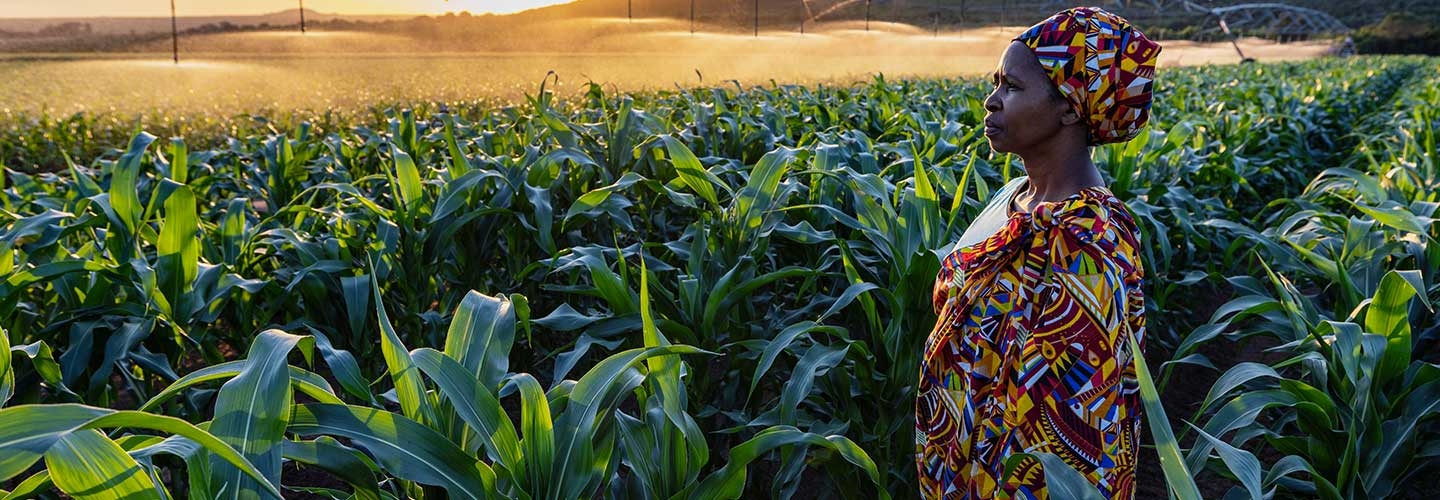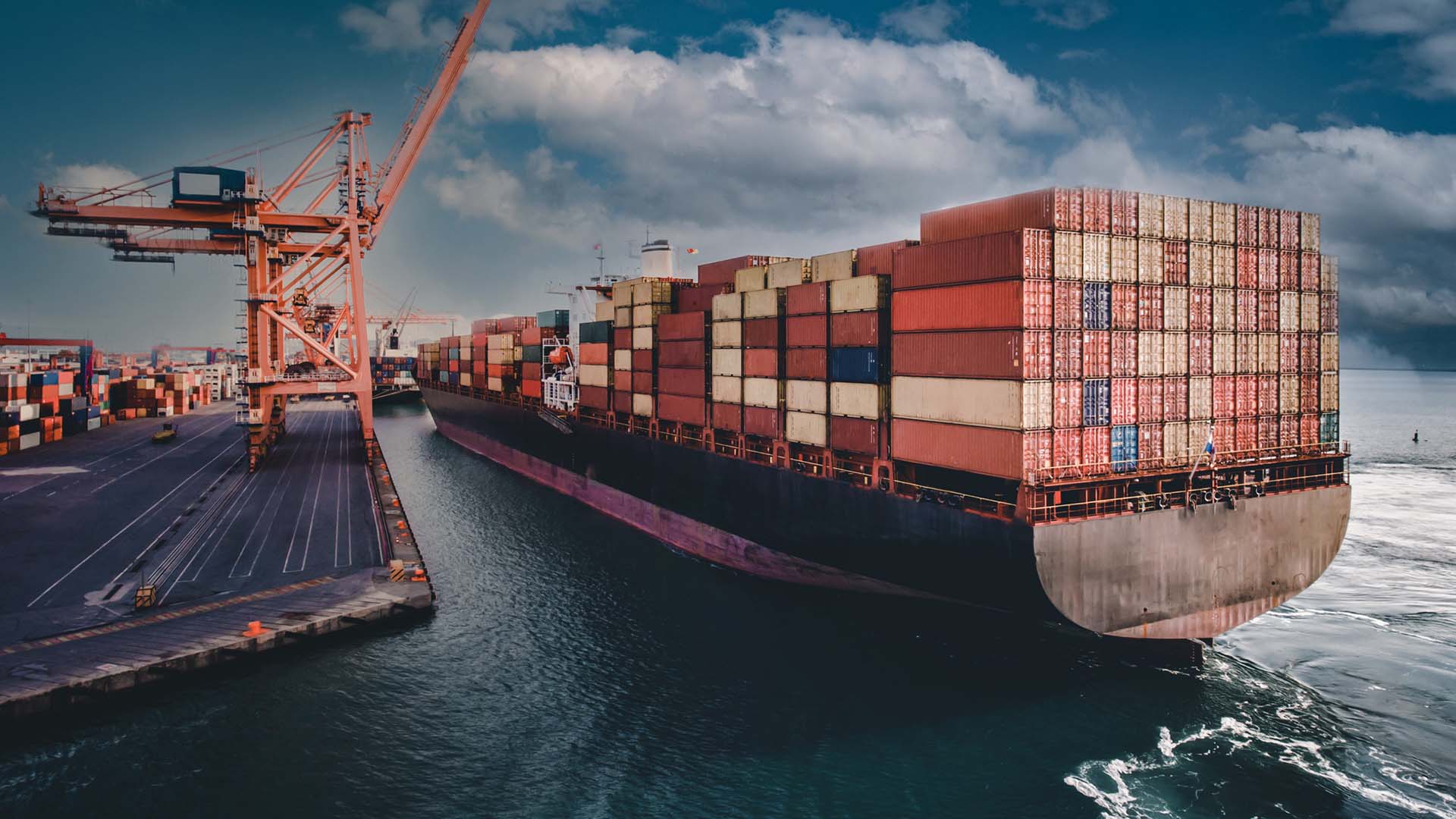The changes in United States trade and foreign policy have brought much uncertainty about the effects that trade tariffs and the defunding of international aid programmes will have on individual national economies and global economic policy. This is a valid concern, as the US is the world's most powerful single economy and a major trading partner for many countries, including South Africa.
The implications of the shift in US policy are having an impact on trade policy, currency stability, and investment flows. We are also seeing potential geopolitical shifts that will have major consequences for the South African economy. A very important factor will be the agility and flexibility SA's response to the volatility that is already characterising the policy approach of the new US administration. But what should we be looking out for as an emerging market economy?
AGOA and South African exports
The African Growth and Opportunity Act (AGOA) is probably the most important single aspect of trade relations between the US and Africa. It enables duty-free access to American markets for eligible African countries, including SA. AGOA was due for renewal in September 2025, but the bill has not made any progress through the US Congress since it was tabled in 2023, indicating that AGOA will automatically lapse. This is a concern, especially because the duty-free trade programme has bolstered South African exports, particularly in agriculture, textiles, and manufactured goods.
Interest rates and monetary policy
Donald Trump's exceptionalist focus on US trade is putting pressure on the US Federal Reserve to lower interest rates to stimulate the American economy. While it's too early to say what impact such an approach will have on markets, it would depend on the effects of these policies on the US dollar. If volatility results in capital flows to higher-yielding emerging markets like SA, then the rand will strengthen.
So far, the rand has held up relatively well against the dollar, but if Trump's 'America First' trade policies lead to dollar strength, it could drive up South African import costs and lead to the rand becoming even more volatile. Any rand depreciation against the dollar puts inflationary pressure on our economy. There is a danger that the early evidence of a more isolationist US economic policy might cause some capital flight from emerging markets like ours, which will damage investment in key sectors and make job creation a bigger challenge.
Trade tariffs and SA
The extreme market volatility introduced by Trump's trade tariff policies, and the rapidity with which they change, have dominated US trade policy discussions in the early part of this administration. From 7 August 2025, the US imposed a 30% tariff on South African goods.
Volatility is the element that has most defined the second Trump administration so far
The impact will be far more brutal than the loss of duty-free access alone. These tariffs will force industries to recalculate their export strategies, and many South African industry sectors, notably agriculture and automotive, might find exporting to the US no longer economically viable. This, in turn, would trigger further major job losses.
Existing investment programmes
Stable US investment in South African healthcare has had significantly positive outcomes. US funding for global health initiatives, such as the President's Emergency Plan for AIDS Relief (PEPFAR), plays a significant role.
PEPFAR also has several downstream programmes and associated NGOs in the sector whose work has been affected by Trump's immediate suspension of these programmes. Not only does this hinder progress in addressing health crises like HIV/AIDS, but it will also have a direct impact on workforce productivity, employment, and overall economic performance in SA.
Political influence and foreign policy
The US has the most powerful military in the world, and American companies own major investments in many economies, so its foreign policy has considerable impact, especially on emerging markets. The current US administration has already established an aggressive, hawkish approach to foreign policy.
SA's position in the current scenario is delicate, with the US looking to close borders and increase confrontation with China and certain Middle Eastern countries (among others). Our membership of the BRICS bloc could work both ways, but the Trump administration's official relationship with Russia is not yet that clear-cut. Another potentially important trade bloc for the new world that SA is operating in is the African Continental Free Trade Agreement (AfCFTA). Boosting intra-African trade through AfCFTA may be a way to mitigate the impact of trade tariffs in a changed global trading landscape.
Foreign direct investment
SA's resource-rich economy gives us the opportunity to attract more foreign direct investment (FDI) from the US, particularly as the current US policy stance is focused on the continued and even expanded consumption of fossil fuels. This stance could lead to lower global oil prices, which may reduce our import costs. Much of the potential investment from the US in the next few years may depend on our trade relations with China, which is already a major trading partner.
As things stand, foreign investors play a significant role in SA's economic framework, holding a substantial portion of our sovereign bonds. With US investors being the single largest buyer of these bonds, any signal of punitive measures from Washington, such as ejection from AGOA, could make flight from South African bonds worse.
Volatility is the element that has most defined the second Trump administration so far. The ability of the US to stabilise its own monetary policy and trade approach will have a big influence on investor sentiment towards emerging markets like ours. A protectionist stance from America, with a focus on establishing a stronger dollar, could cause problems in the political and economic relationships between SA and the US.
Consult Nedbank to learn more about your options in foreign investment or business import and export, in light of the changing global political picture.







